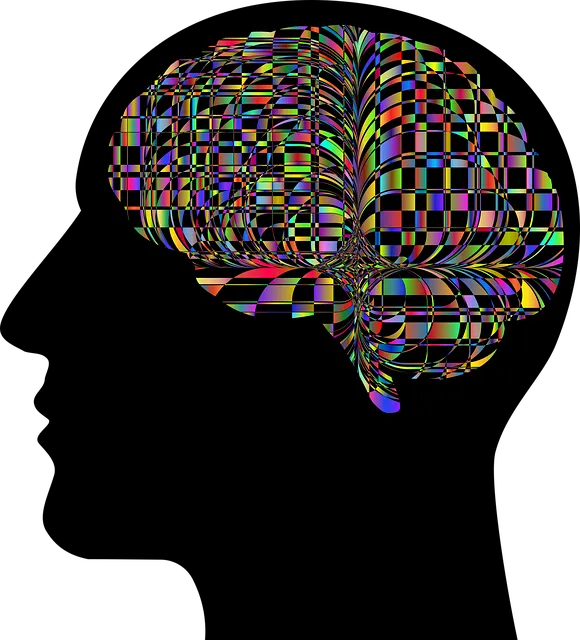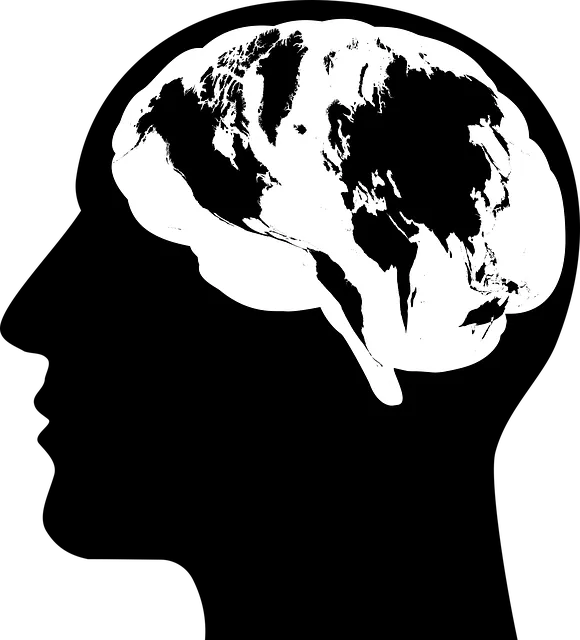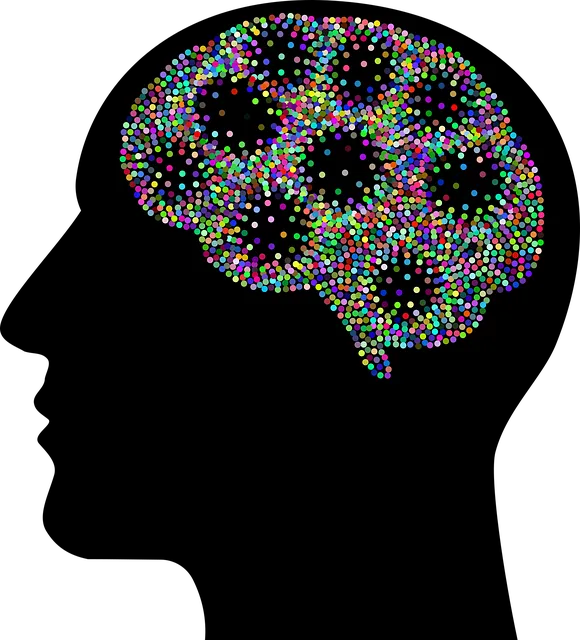The Recovery-Focused Approach (RFA) promotes mental well-being by shifting from trauma to strengths, exemplified by the successful Golden Kaiser Permanente Mental Health Appointment Center. RFA involves exercises for coping, dialogue, risk assessment, and personalized support plans, helping professionals guide clients in managing mental health effectively. The center combines traditional therapy with resilience-building, achieving exceptional results through tailored programs and proactive interventions. Implementing this approach requires assessing needs, designing tailored exercises, offering individual/group sessions, workshops, and leveraging online platforms for enhanced accessibility and support. Measuring success with data-driven metrics ensures personalized care and refines practices based on client outcomes.
Resilience is a powerful tool in navigating life’s challenges, and RFM (Resilience, Flexibility, and Mastery) exercises have emerged as an effective framework for building it. This article explores how implementing RFM principles can enhance mental well-being, drawing from a compelling case study of the Golden Kaiser Permanente Mental Health Appointment Center. We’ll guide you through understanding RFM’s role, offer practical strategies for implementation, and discuss measuring the success of these transformative programs.
- Understanding RFM and its Role in Resilience Building
- The Golden Kaiser Permanente Mental Health Appointment Center: A Case Study
- Implementing Resilience Exercises: Practical Steps and Strategies
- Measuring Success: Evaluating the Impact of RFM Programs
Understanding RFM and its Role in Resilience Building

Resilience is a key aspect of mental well-being, enabling individuals to cope with challenges and adapt to life’s adversities. RFM (Recovery-Focused Approach and Model) is a proven framework that plays a pivotal role in fostering resilience. This approach shifts the focus from the traumatic event or disability to an individual’s strengths, resources, and capabilities for recovery and growth. By adopting RFM, mental health professionals at renowned centers like Golden Kaiser Permanente can significantly enhance their clients’ journey towards emotional healing and self-discovery.
Implementing RFM involves a range of exercises designed to strengthen individuals’ coping mechanisms. These exercises often include communication strategies, encouraging open dialogue about experiences and emotions. Moreover, risk assessment is a critical component, helping professionals identify potential triggers or risks and develop tailored support plans. Through these practices, mental health professionals can guide clients in managing their mental health effectively, promoting emotional regulation, and building a resilient mindset that will benefit them in various aspects of life.
The Golden Kaiser Permanente Mental Health Appointment Center: A Case Study

The Golden Kaiser Permanente Mental Health Appointment Center stands as a beacon of hope and resilience in healthcare, showcasing an innovative approach to mental well-being. This center, with its comprehensive services, has become a case study for effective mental health support within a large healthcare organization. By implementing tailored resilience building exercises alongside traditional therapy, the center has achieved remarkable outcomes.
The appointment center’s success lies in designing mental health education programs that cater to diverse patient needs. Through rigorous mental health policy analysis and advocacy, Kaiser Permanente has recognized the power of proactive mental health interventions. This strategy involves not just treating symptoms but empowering individuals with tools to navigate life’s challenges, fostering a culture of resilience within their community.
Implementing Resilience Exercises: Practical Steps and Strategies

Implementing resilience exercises is a multifaceted process that requires careful planning and execution. At the Golden Kaiser Permanente mental health appointment center, we’ve found success through a structured approach. Firstly, assess the needs of your target audience, whether it’s employees within an organization or individuals seeking personal growth. This step involves understanding their unique challenges and goals related to stress management and mental well-being. Subsequently, design tailored exercises that align with these findings, incorporating evidence-based Stress Reduction Methods and engaging activities from Mental Health Education Programs.
Practical strategies include offering a mix of individual and group sessions to cater to diverse learning styles. Incorporate interactive workshops focused on coping mechanisms, mindfulness techniques, and emotional regulation skills. Additionally, leverage technology by integrating online platforms for accessibility and ongoing support. By following these steps, organizations can effectively foster resilience through structured programs that empower individuals to navigate life’s challenges with greater ease, much like the Golden Kaiser Permanente mental health appointment center has successfully demonstrated.
Measuring Success: Evaluating the Impact of RFM Programs

Measuring success is a vital aspect of evaluating the impact and effectiveness of RFM (Resilience, Flexibility, and Mindfulness) programs, especially in mental health initiatives. At Kaiser Permanente’s mental health appointment center, they understand that assessing progress is key to fostering resilience. By incorporating metrics that track emotional well-being, coping strategies, and overall functioning, the center can gauge the success of these interventions. This data-driven approach allows them to identify what works best for their clients, ensuring personalized support.
For instance, evaluating self-care routine development as a part of RFM programs shows significant improvements in clients’ ability to manage stress and maintain emotional intelligence. Over time, participants report enhanced skills in practicing mindfulness, which leads to better mental health outcomes. This success story underscores the importance of measuring resilience building exercises, enabling mental health professionals like Golden Kaiser Permanente to continually refine their approaches and provide evidence-based care.
The implementation of RFM (Resilience, Flexibility, and Mastery) exercises, as demonstrated by the success of the Golden Kaiser Permanente Mental Health Appointment Center, offers a powerful approach to building resilience. By integrating these strategies into organizational culture, individuals can develop mental toughness and adapt effectively to change. The practical steps outlined in this article provide a roadmap for implementing RFM programs, while measuring success through evaluation ensures ongoing improvement. This holistic method not only enhances individual well-being but also fosters a resilient workforce, ultimately contributing to the overall health and productivity of organizations.






